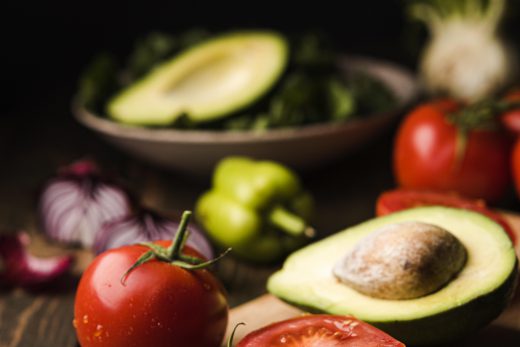Though well entrenched in Louisiana, gumbo was by no means a dish unique to that region. Indeed, during the colonial era and the early 19th century, similar okra-based stews and soups could be found anywhere a large number of enslaved Africans and their descendants lived—and, in fact, those dishes can still be found there today.
Tracing gumbo’s roots is complicated by the fact that no African Americans recorded their recipes in cookbooks until after the Civil War, but in the early 19th century, recipes for gumbo started to pop up in writings by white authors. In 1817, the American Star of Petersburg, Virginia, ran an article describing okra, which it noted “is common in the West Indies.” It provided two recipes. In the first, an equal amount of cut okra and tomatoes are stewed with onions, butter, and salt and pepper. In the other, okra is stewed in water and dressed with butter. “At St. Domingo,” the writer notes, “they are called gambo.”





